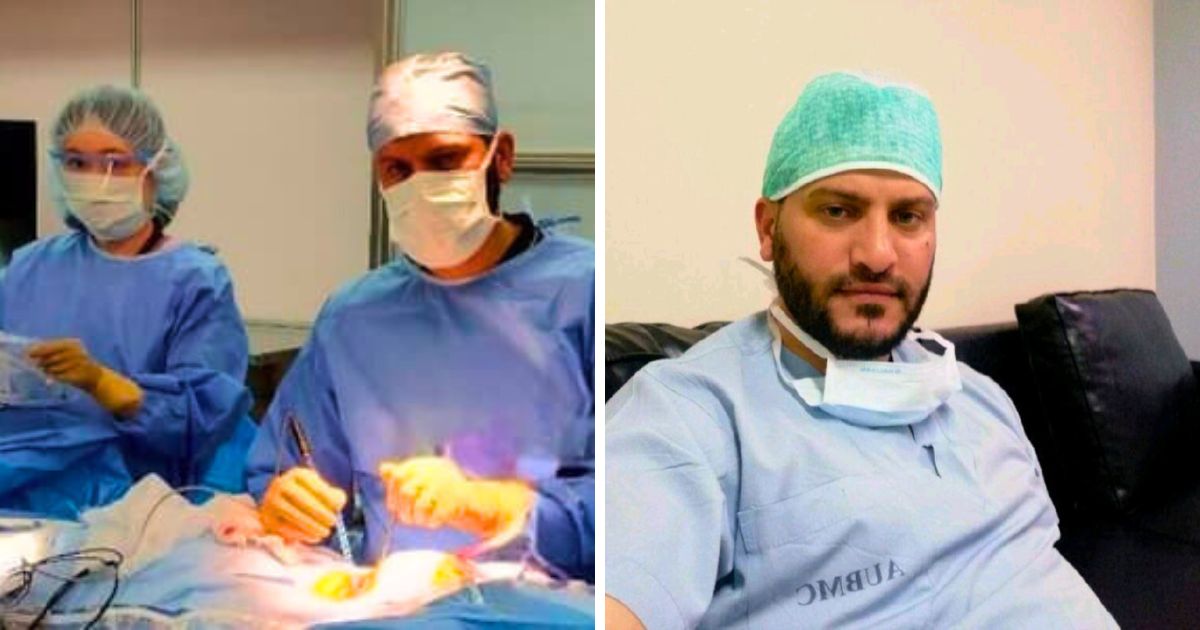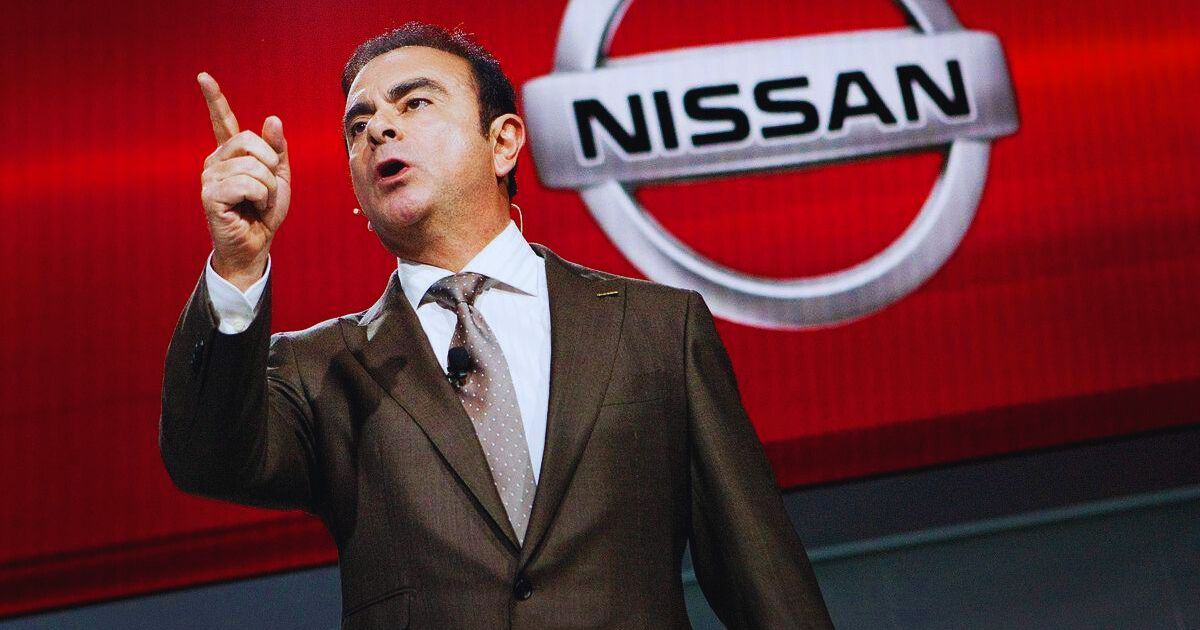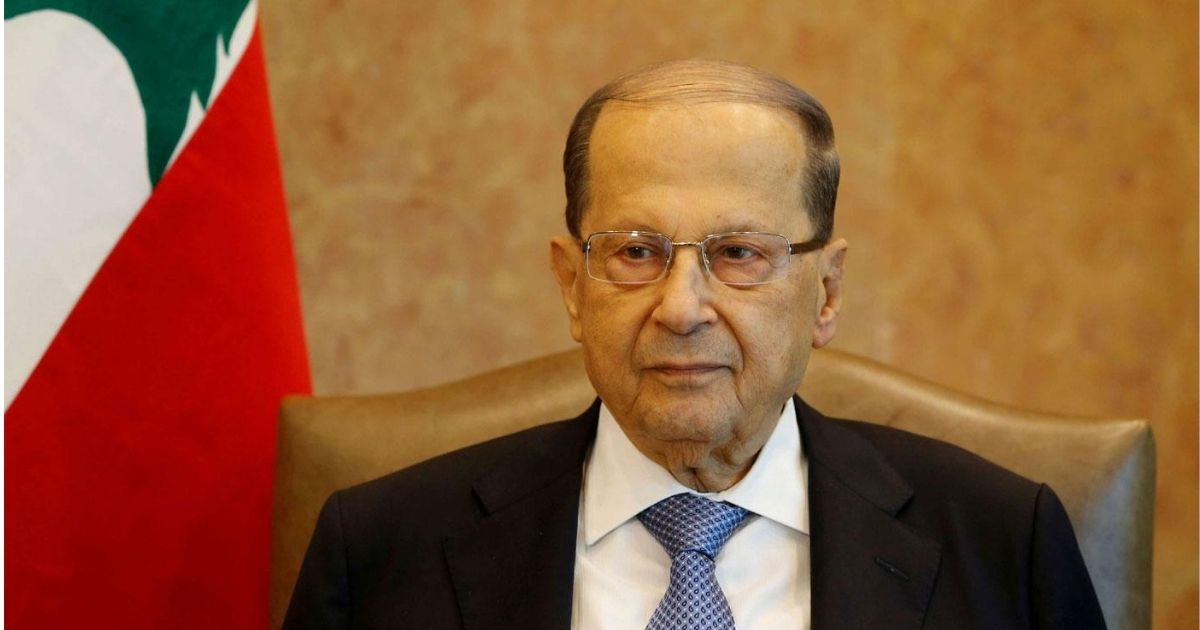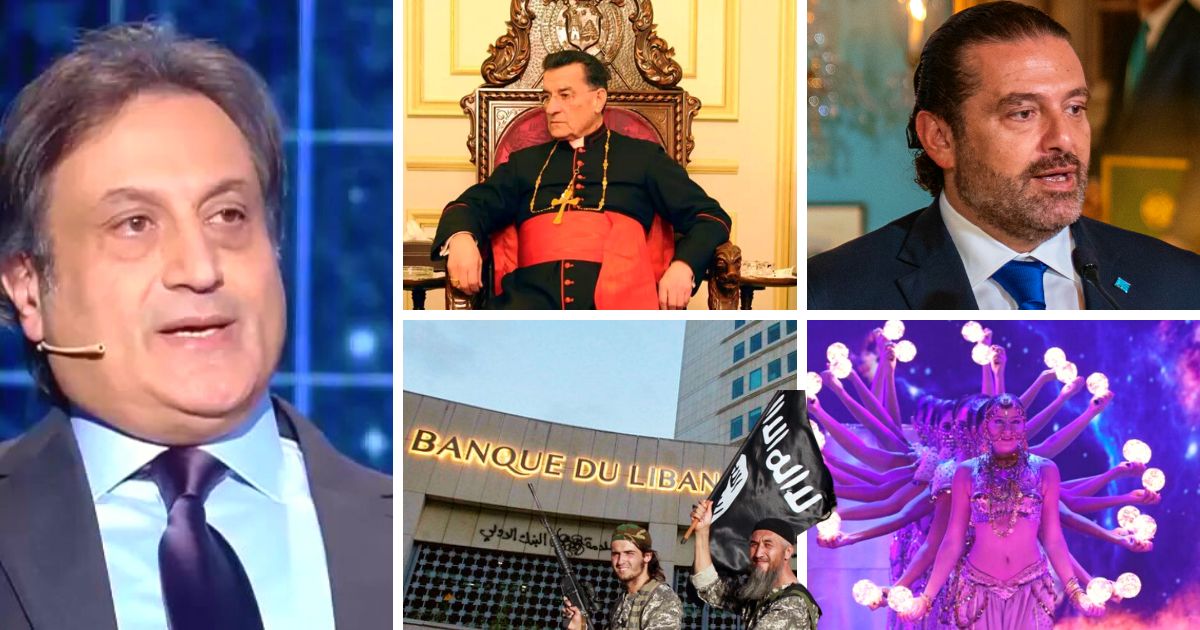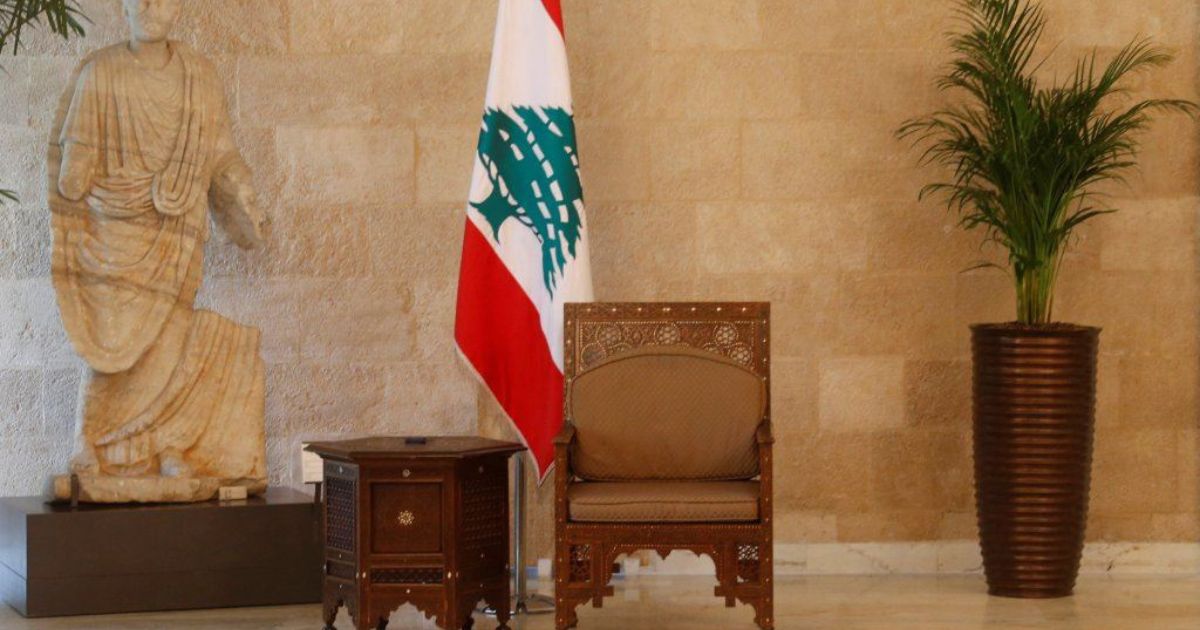Japan’s Justice Minister Hiroyuki Yoshiie visited Lebanon in order to negotiate with Lebanon on the case of ex-Nissan boss Carlos Ghosn on March 2nd. He met with President Michel Aoun and the ministers of justice and foreign affairs.
President Michel Aoun told Yoshiie that Lebanon would not extradite Ghosn as the 2 countries don’t have an extradition treaty. Ghosn had entered the country legally, using his French passport and his Lebanese identity card.
Following the meetings, Minister Yoshiie held a press conference at the Japanese embassy in Lebanon where he spoke about the negotiations he had with the Lebanese government.
In response to whether he came to ask for Ghosn to be extradited, Yoshiie emphasized that Ghosn had to be tried in Japan. He added that the two governments will be cooperating on the issue of Ghosn but he did not go into detail about the extent of the cooperation.
He explained how Tokyo views Ghosn’s escape from Japan and how he was “able to gain an understanding of the Lebanese government.”
Nissan released a statement regarding the trip, saying that they hoped that, as a result, Ghosn would have to stand trial in Japan, “so that all the facts can be properly established under Japan’s judicial system.”
Nissan’s sales have been in decline since the incident with Ghosn and the reputation of the company has been tarnished by the controversy surrounding the case.
From the conditions of his detention to the extravagance of his escape, Carlos Ghosn’s case has been a very scandalous saga from start to finish.
After he first arrived in Lebanon, he held a press conference in which he detailed his treatment under the Japanese justice system. The tale had gained him a lot of sympathy from his fellow Lebanese and also intrigue around his escape.
With Ghosn’s extradition out of the question, how will his case with the Japanese authorities be resolved?


